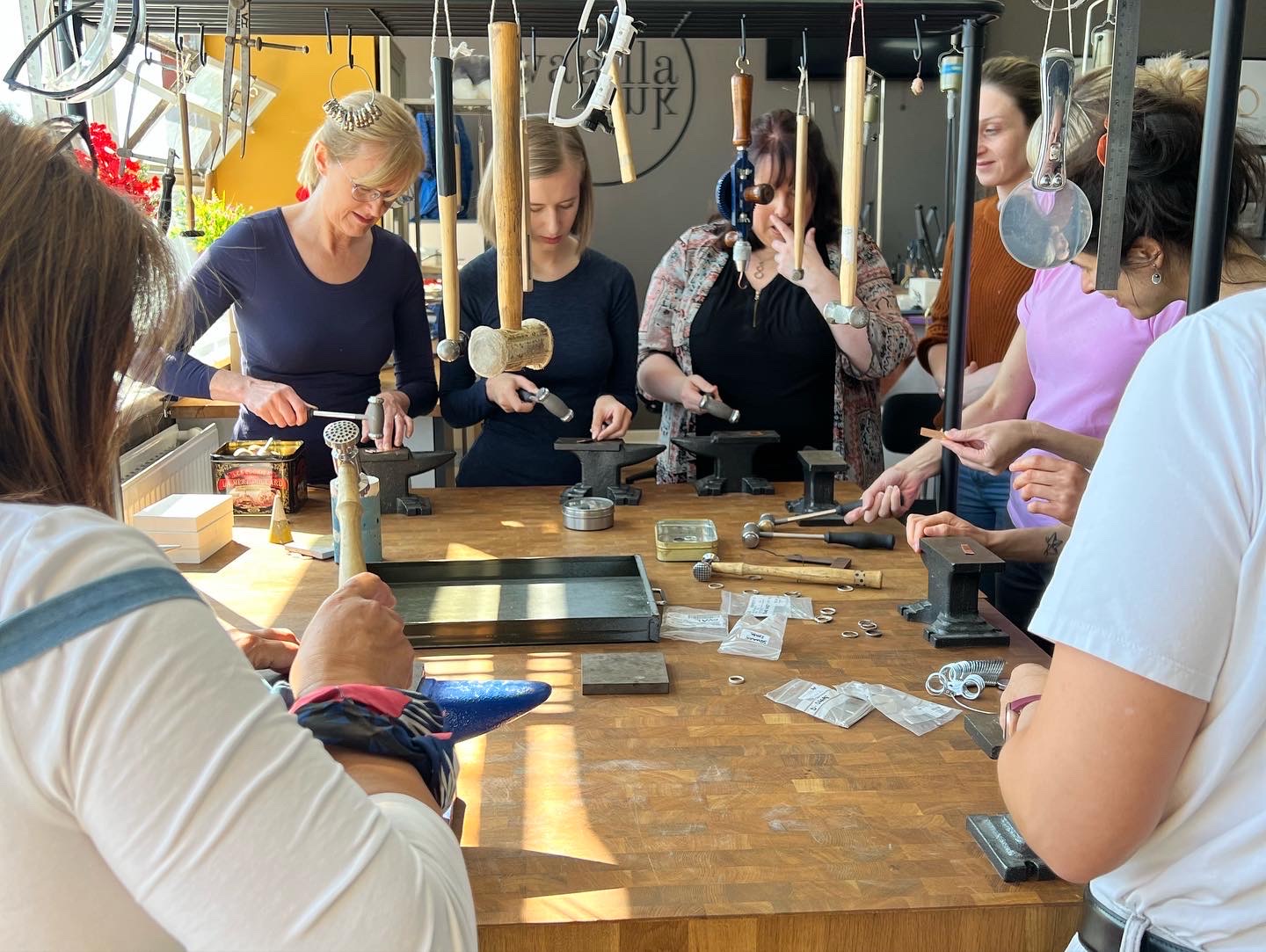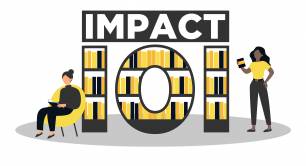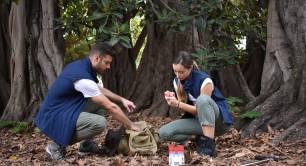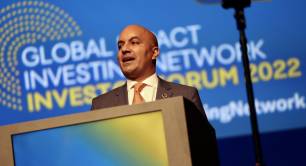The Impact World this Week: 3 October 2024
Your quick guide to the most interesting news snippets about social enterprise, impact investment and mission-driven business around the world from the Pioneers Post team. This week news from the GIIN, Social Bite, Phenix Capital, AVPA, Latimpacto, Buy Social Scotland, SERI, and more.
Global: Two-thirds of impact investors are “actively considering” natural capital in their portfolios, according to a survey of institutional investors by consultancy firm Phenix Capital. Investing in natural capital is described as investing in solutions to protect and restore the planet’s natural resources. The survey, Valuing Nature’s Capital finds forestry is the most active and “mature” investing theme for natural capital, but barriers remain for areas like biodiversity where data and knowledge are lacking.
Ireland: In a “milestone” development for the sector, social enterprise has been referenced for the first time in a budget speech. The government’s 2025 budget, published on Tuesday, includes support and opportunities for social enterprises in the form of grants, upskilling and sustainability support. Social Enterprise Republic of Ireland (SERI) welcomed the support but emphasised that it is now essential that social enterprise remains a recurring focus in future budgets, with ongoing backing from the Department of Rural and Community Development.
Africa: Unlocking $2bn of private capital for social investments in Africa is the aim of a new fund launched by AVPA, the Children's Investment Fund Foundation and Prosper Africa. The AVPA Catalytic Pooled Fund was launched at the UN General Assembly, held in New York in September, and aims to mobilise over $200m of catalytic capital from African and global philanthropies, aid agencies and governments to support impact-linked, innovative finance mechanisms. The fund has identified the $1.8tn of dormant domestic private capital in Africa held by pension funds, insurance companies, and dormant bank accounts, among others as being a particular focus.
Scotland: Glasgow City Council has spent a record £8m with local social enterprises over the 2023-24 financial year, it announced today. The local authority was one of the first organisations to sign the Buy Social Scotland pledge at its launch in November 2023, committing to include more social enterprises in its supply chains and procurement contracts. The campaign, run by Social Enterprise Scotland with backing from the Scottish government, aims to encourage corporates, SMEs and public sector organisations to use their buying power to support social businesses.
Global: Businesses that drive gender equality and climate action can now apply for the Orange Seal, launched by Impact Investment Exchange (IIX). Enterprises must enter through an online impact assessment process, either self-reported or including stakeholder verification. Certified companies will have access to IIX’s network of gender-lens investors and funding programmes.
Global: Also related to gender equity, 2X Global has launched the 2X Certification, a verification mechanism for leading organisations operating in gender-lens finance. The certification entails a comprehensive assessment of an organisation’s efforts across its full value chain and core gender themes. It will be independent of 2X Global membership and universally available, and will provide certified organisations with the credibility of a third-party verification. It is currently available for companies and funds, and in the coming months will be expanded to include financial institutions and financial instruments, including gender bonds and loans.
UK: As the Scottish government published data showing homelessness in Scotland is at its highest level for more than a decade, social enterprise Social Bite received permission for a new village to support homeless people in Glasgow as well as submitting an application for a new site in Edinburgh. The Social Bite village in Edinburgh, run in partnership with charity Cyrenians, offers support, a secure living environment and opportunities for up to 20 people affected by homelessness, to help them move towards independence. The move has been prompted by the end of the current contract for the site, which was donated by Edinburgh City Council.
Global: Impact assets under management grew at a compound annual growth rate of 14% since 2019, according to the GIIN’s latest investor survey, State of the Market 2024: Trends, performance and allocations, published this week. The figure is based on data provided by a subset of 71 impact investors that responded to the survey both this year and in 2019, whose total assets under management grew from US$129bn to US$249bn over the past five years. A key challenge reported by 92% of the 305 impact investing organisations surveyed this year was fragmentation of impact measurement frameworks available, in part due to new regulations being introduced. Most respondents said they intended to use artificial intelligence in their investment processes, in particular to help with due diligence and sourcing (28%) and as a tool for impact measurement (24%). The GIIN’s global impact investing market sizing report will be published later this year.
Global: A framework for companies and financial institutions to improve the disclosure of risks and opportunities linked to social inequality is to be developed by a new taskforce. The Taskforce on Inequality and Social-related Financial Disclosures has the support of more than 100 organisations from across business, finance, workers, civil society and international organisations. Its aim is to lead corporates and investment firms to effectively consider social impact in their decision making, similarly to how they take into account environmental factors. Peter Bakker, co-chair of the taskforce and president of the World Business Council for Sustainable Development, said: “In the last decade we have seen how high-quality disclosures can make climate change an important part of financial decision making. We need to do the same for inequality and the social issues at its root cause.”
Europe: Philanthropic organisations are crucial to leverage the full spectrum of capital to achieve social change, and national and EU policymakers could enable more collaboration for impact, according to a new report. Unlock Philanthropy: Policies to Enable more Impact Investments was published on Tuesday at the European Parliament by investing for impact network Impact Europe and Philea, the Philanthropy Europe Association. Specific calls on policymakers include developing a co-investment facility under the InvestEU financial programme, facilitating impact investing and mission related investments at the endowment level and integrating philanthropy from the start in the next Multi-Annual Financial Framework.

UK: For the first time Social Investment Scotland (SIS) has surpassed £50m in active loans and investments to social enterprises, charities, community groups and mission-led businesses in a 12 month period. The latest impact report from SIS shows it supported 216 social enterprises and charities from April 2023 to March 2024, and 4.5m million people ultimately benefited . Around one-third (32%) of SIS customers secured loans under £50,000, underlining, it claims, its efforts to connect smaller, local charities and community groups with critical finance.
Movers and shakers
- Jo Fackler is joining Social Value International as director of global affairs. She will develop SVI’s True & Fair campaign to encourage company directors to include sustainability in their financial statements. She previously worked at the Impact Management Project and Impact Management Platform.
- The Ellen MacArthur Foundation has announced its new CEO, Jonquil Hackenberg, the former boss of Eunomia Research and Consulting, a social-environmental consultancy and research organisation. She will follow Andrew Morlet, who has been CEO of the foundation for a decade.
- Alfanar Venture Philanthropy has announced its new executive director, Safia Tmiri, who will succeed Myrna Atalla, who has led the organisation since 2010. With a background in development finance, Tmiri joined McKinsey where she led work on social enterprises in the Middle East.
In case you missed it
Latin America: “Entrepreneurs and investors are transforming the great challenges in Latin America into great opportunities.” Although Latin America is one of the world’s regions that is most unlikely to meet the Sustainable Development Goals by 2030, a variety of innovations are tackling the challenges, according to a study into the current state of impact investing in Latin America published last month by Latimpacto, IDBInvest and the Esade Center for Social Impact. Transformando grandes retos en grandes oportunidades points out that the impact investing market is young, but growing, demonstrated by an increase in the number of active impact investors alongside new financial instruments and a strengthening ecosystem.



